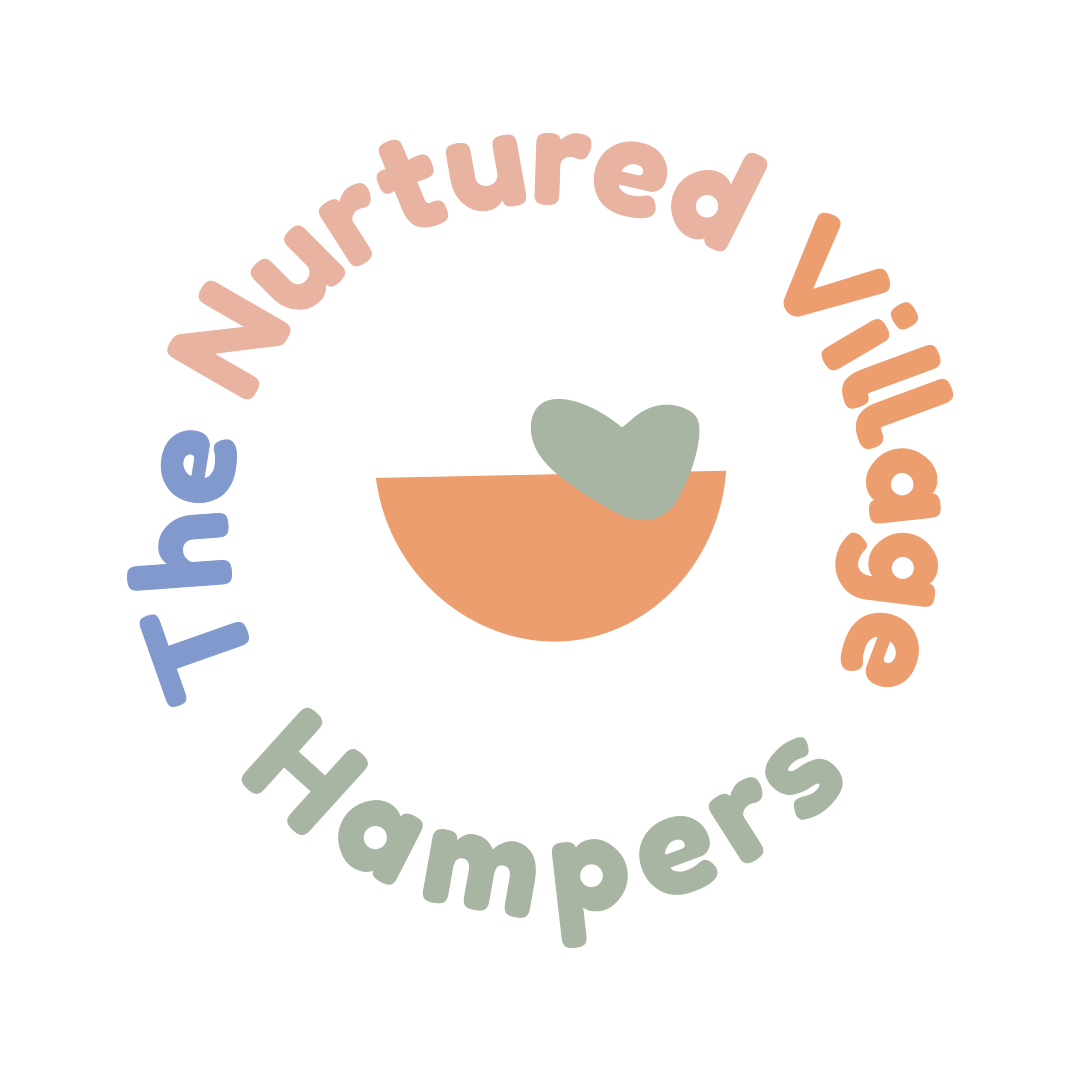Looking after your mental wellbeing
Go outside! Your brain needs vitamin D to make the happy juice
Spending time in nature has been found to help with mental health problems including anxiety and depression. For example, research into ecotherapy (a type of formal treatment which involves doing activities outside in nature) has shown it can help with mild to moderate depression. This might be due to combining regular physical activity and social contact with being outside in nature. Studies have also shown similar benefits for patients with PTSD.
Being outside in natural light can also be helpful if you experience seasonal affective disorder (SAD), a type of depression that affects people during particular seasons or times of year when they are less likely to be exposed to natural light each day.
Think of how you can do this in lockdown or isolation – in a pinch, even sitting next to a well-lit window and visualising your favourite beach or bush walk will do the trick.
Be Mindful
The benefits of mindfulness and mindful meditation are well researched and too many to count. There are many apps, YouTube clips and books you can reach for but essentially mindfulness just means paying attention, on purpose without judgement. Look around the room and name five things you can see, make a cup of tea and watch the water change colour, feel the steam rising and wrap your hands around the hot mug. Step onto the lawn in your bare feet or smell your baby’s head.
My favourite apps for mindful meditation are Calm and Headspace, or for kids Moshi. There are also lots of free options on YouTube.
Remember to Breathe
Sounds simple, yes, but during a high stress time like lockdown our bodies can be set to “fight or flight” for most of the day. This is the body’s danger response system, its purpose is to alert us to danger and prepare us to respond (battle the approaching enemy tribe or run away from the sabre tooth tiger). This doesn’t feel great and isn’t always helpful. Slow, deep belly breathing through the nose can stimulate the vegus nerve triggering a return to the “rest and digest” state – a much nicer state to be in when we are stuck at home.
A simple way to do this is breathe in through your nose to the count of four, hold your breath and exhale to the count of eight. Practice a few rounds of this each morning when you wake up or before you go to sleep and you will easily be able to slip into it when you are feeling overwhelmed.
Get to know your body and your brain
We are all unique creatures who respond in different ways to different stimuli. What are your triggers? What kind of situation is most likely to send you into a spin? Ok, lets prepare for that. If I know I avoid exercise when I’m too cosy in the morning, maybe I should remove some barriers by wearing my gym clothes to bed. If I know that a phone call to a certain friend will send me into a slump, maybe I’ll make sure that phone call happens at a time where I can do something enjoyable afterwards so that the slump is short lived.
For women, it can be particularly helpful to track your menstrual cycle for this reason. Some find no change throughout the month whereas others are highly sensitive to their hormones. I, for example, can tell you that exactly 10 days before my period begins I can be sent into a rage by someone burping and that I am more likely to post a rant to social media. I now avoid Facebook at that time and breathe deeply when other people’s bodily functions occur.
Move your body
For some of us this can tie into number one (go outdoors) but exercise does not have to look like going for a run or joining the gym. If those things feel like torture to you they really won’t be helpful. The following are equally effective – doing yoga online, dancing to your favourite artist, sexy time, playing “salad spinner” on the trampoline with your toddler, walking the dog, rolling out a hopscotch mat down the hallway so you are compelled to hop and jump each time you pass. Whatever feels good to you is the way you should move your body.
The bottom line is exercise produces endorphins and serotonin which are responsible for improved mood; increases the size of your hippocampus which is responsible for memory; and pumps more blood to the brain so you can think more clearly.
Lisa Boland - psychologist

